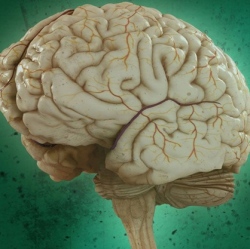
“There is currently no evidence to suggest that Internet use has or has not had a profound effect on brain development,” concludes neuroscientist and PhD student, Kathryn Mills, in an upcoming paper disputing the harmful effects the Internet use.
Her paper [PDF] reviews 135 existing papers on the cognitive harms for young people of finds that “major brain changes, akin to what is suggested by the phrase ‘rewiring the brain,’ are unlikely.”
This latest research counters a slew of studies, which have find associations between heavy Internet use and noticeable differences in parts of the brain. One study found that heavy users had “abnormal white matter integrity in brain regions involving emotional generation and processing, executive attention, decision making, and cognitive control”.
More importantly, a 2011 study by Betsy Sparrow found evidence of a “Google effect,” where users are less likely to remember facts if they expect it will be available on the Internet.
Mills argues that with typical Internet use, there is no evidence of long-term brain changes. Her paper also reminds us that, long ago, the Greek uber-philosopher Plato warned about the dangers of the written word:
“For this invention will produce forgetfulness in the minds of those who learn to use it, because they will not practice their memory. Their trust in writing, produced by external characters which are no part of themselves, will discourage the use of their own memory within them.”
